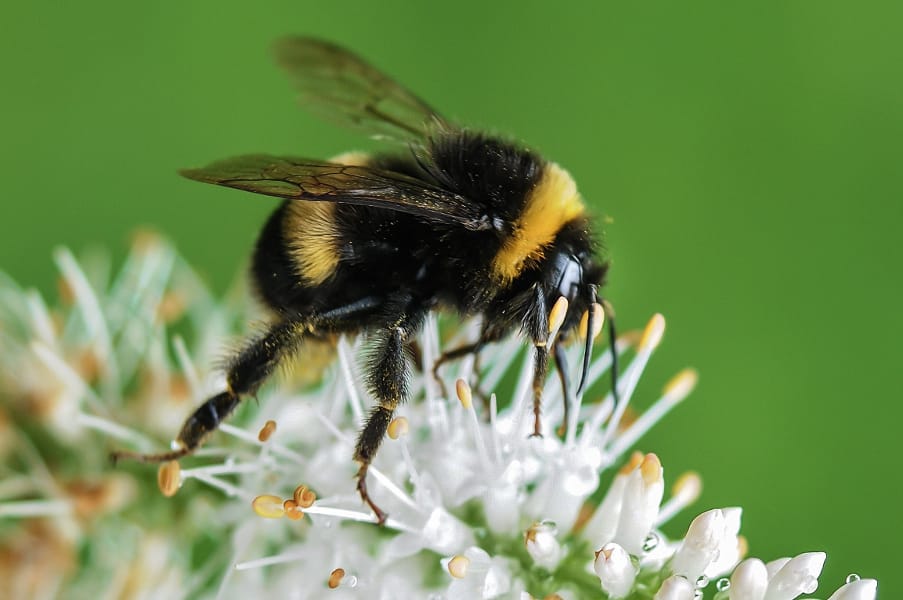Learning from the bees to organise the traffic better
IK4-TEKNIKER is participating in a project that will be incorporating the attributes of natural systems into the smart home or intelligent traffic networks and aims to cut the energy consumption of homes by over 20% and improve traffic networks by 70%.

Bee colonies have since time immemorial been the subject of study owing to their amazing level of group organisation. So much so that even today researchers believe that it is possible to learn from these insects and from other examples in the animal kingdom to improve certain cutting-edge technologies, like intelligent systems.
This is the ambitious aim of the Local4Global European project which the Basque R&D centre IK4-TEKNIKER is participating in and which is seeking to develop “a system of systems that acts locally for optimizing globally”. Its promoters believe that by providing current Information and Communication Technologies (ICTs) with greater intelligence, it is possible to develop systems capable of reducing energy consumption in the home by between 20% and 80%, and improving traffic networks by 70%, which could be translated into savings to the tune of 3 million euros in a community of 100,000 people.
In fact, the project, which started at the end of 2013 and which has a duration of three years, provides for two pilot projects to verify the effectiveness of the developments, one on traffic in the urban environment of Munich (Germany) and the other at the R&D headquarters of the company E.ON at its Energy Research Center in Aachen (Germany).
Local4Global has its starting point in the huge technological advances developed in recent years which have turned concepts like the smart home or the intelligent traffic system into reality. Although these technologies provide information in real time about tailbacks or allow users to control the air conditioning from their mobile phones, in the majority of the cases they do not incorporate variables like energy saving or the cutting of congestion.
To optimise the global performance of these systems, Local4Global is planning to incorporate the attributes of natural intelligent systems (like bee colonies) to enrich artificial intelligent systems with variables like cooperation or evolution. To achieve this, recent advances in decentralised optimisation used to solve large problems of distributed optimisation with uncertainty are applied. This will allow smart phones and other devices not only to provide information in real time and to work out the right decisions at each moment, but also to make them capable as well of adapting optimally to continual changes in the environment. For example, the automatic calculating of the orders that have to be sent to air conditioning devices or the orders to traffic lights and drivers to optimise overall functioning.
Specifically, IK4-TEKNIKER is developing the software product to be incorporated into the Local4Global application; this application comprises middleware that is connected up to the pre-existing physical devices and cloud services for the purpose of offering communication between the systems so that no significant infrastructure modifications are needed.
Apart from IK4-TEKNIKER, the project has the participation of: the Hellas Centre for Research and Technology of Greece, which is leading it; the Swiss Federal Institute for Technology ETH Zurich; the University of Aachen (Germany); the German company Transver; the Technical University of Crete (Greece); and the Technical University of Munich (Germany).
